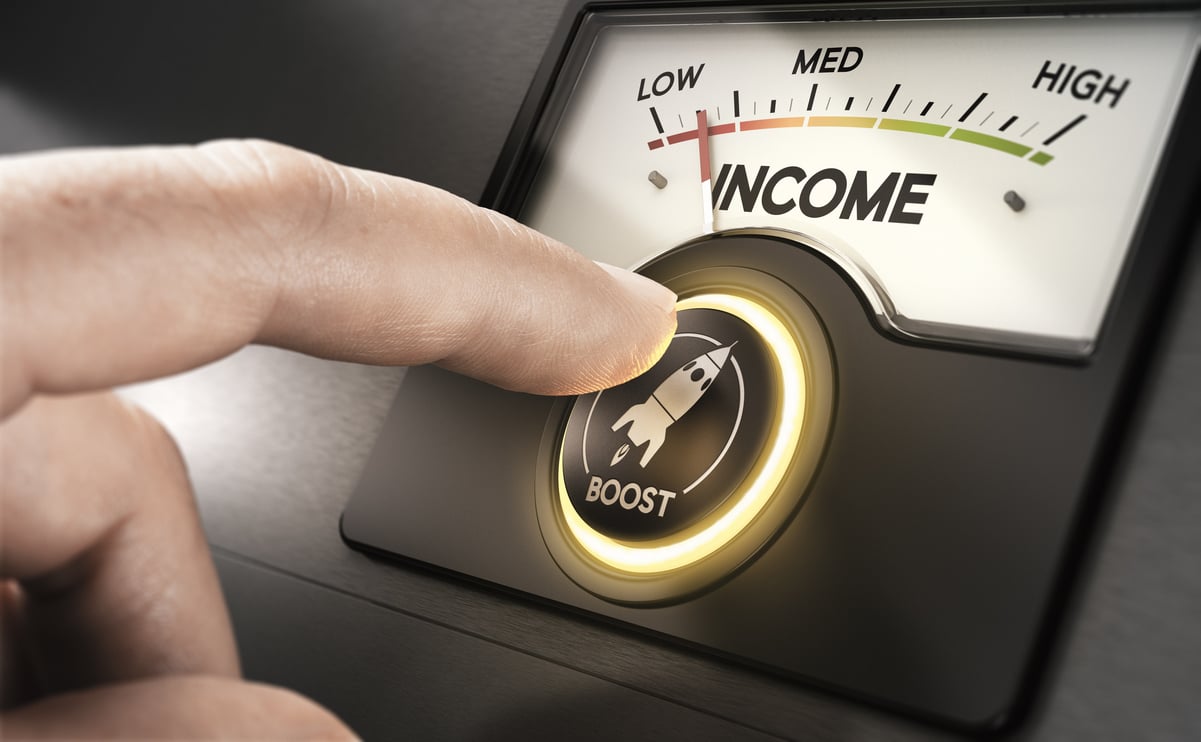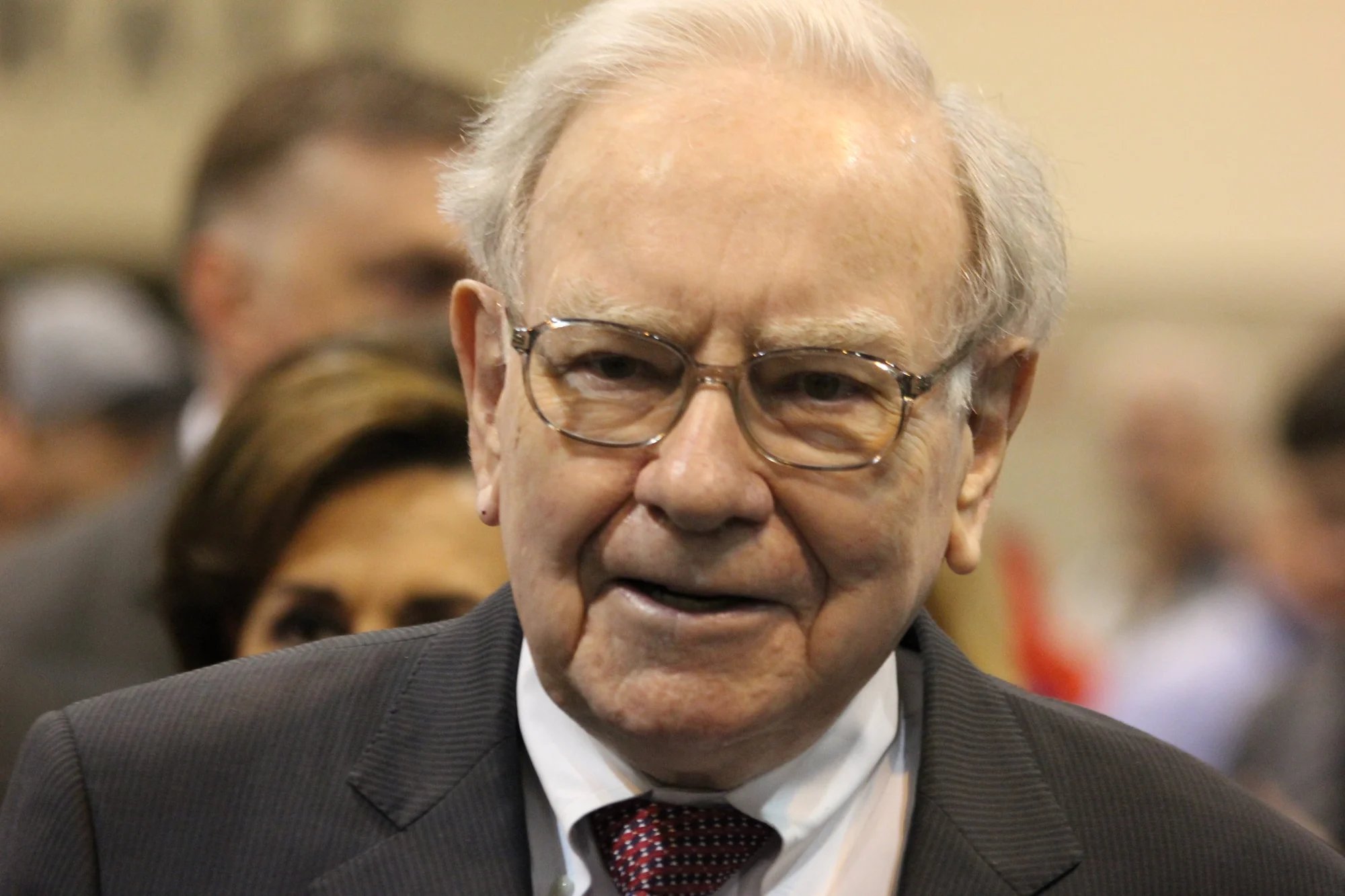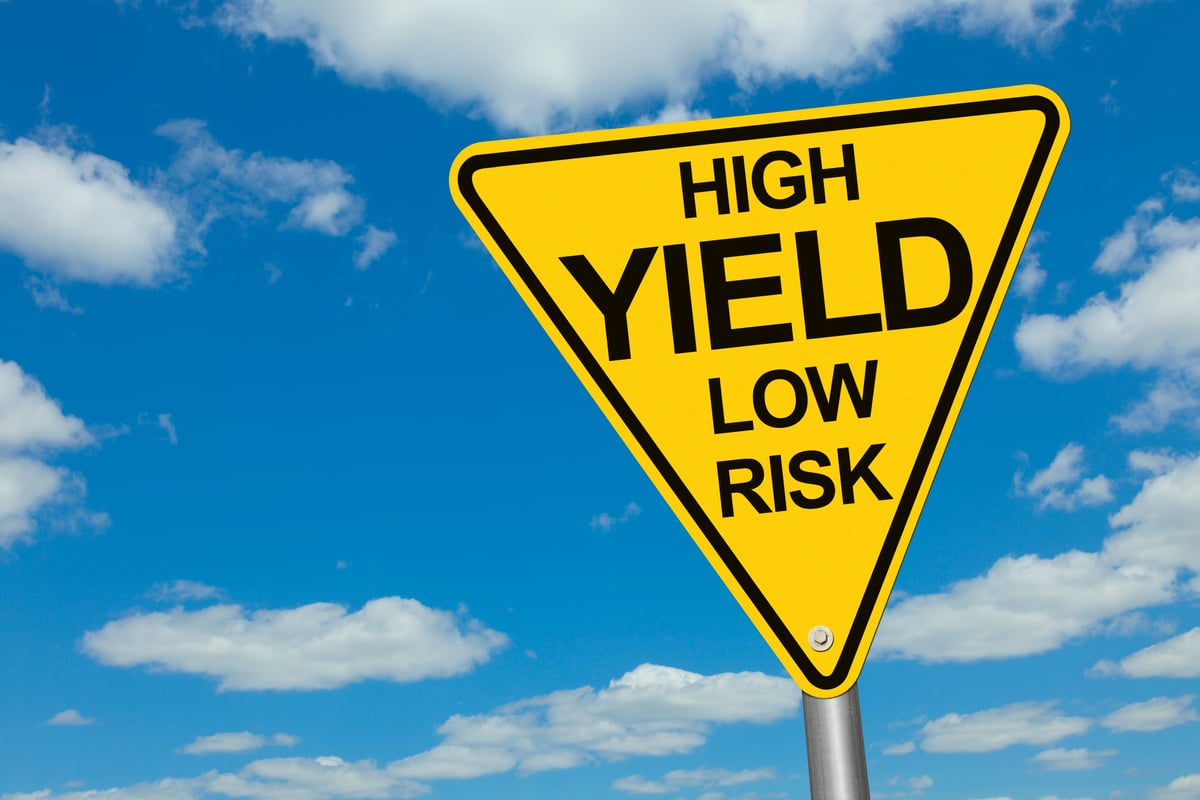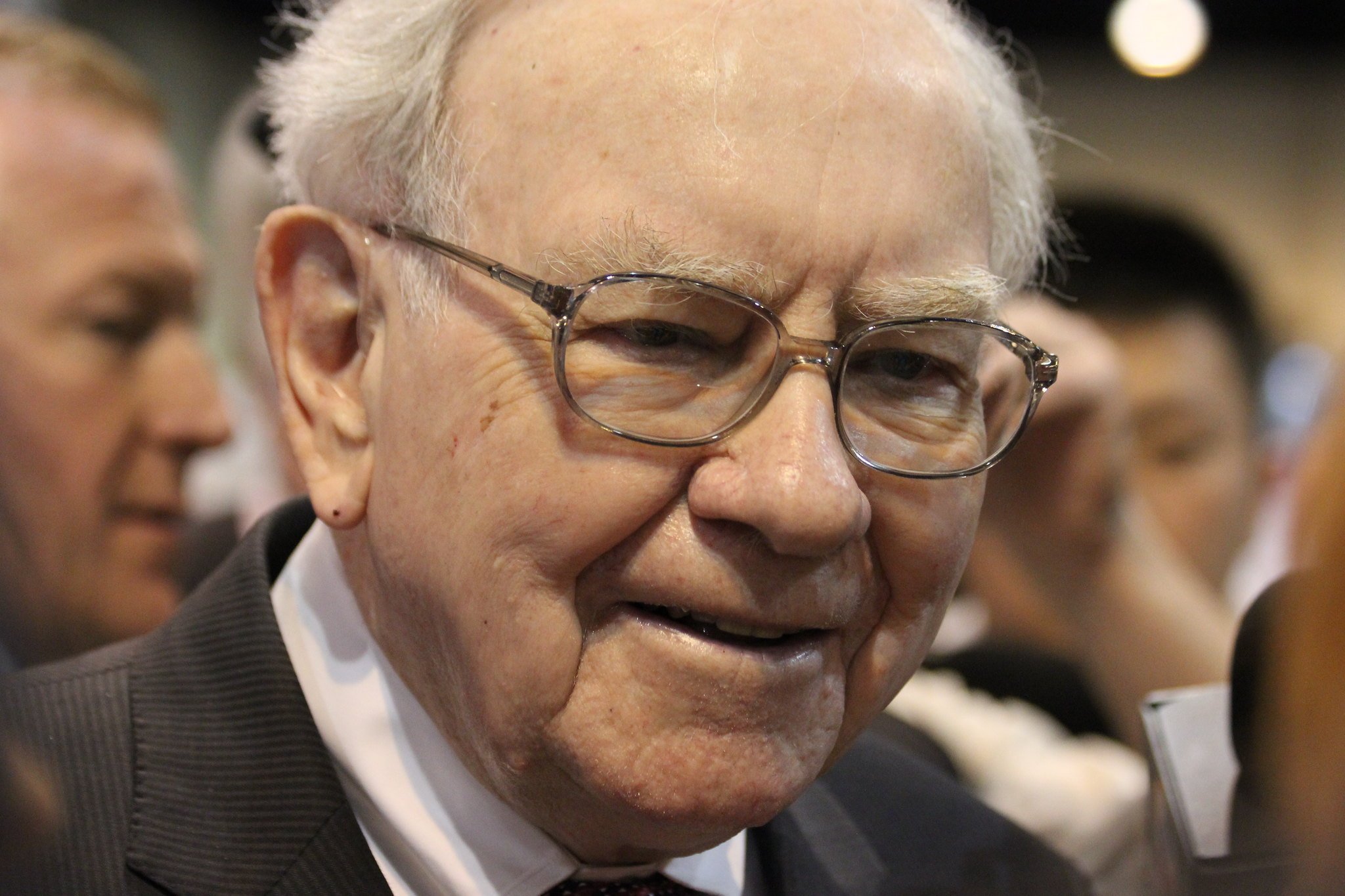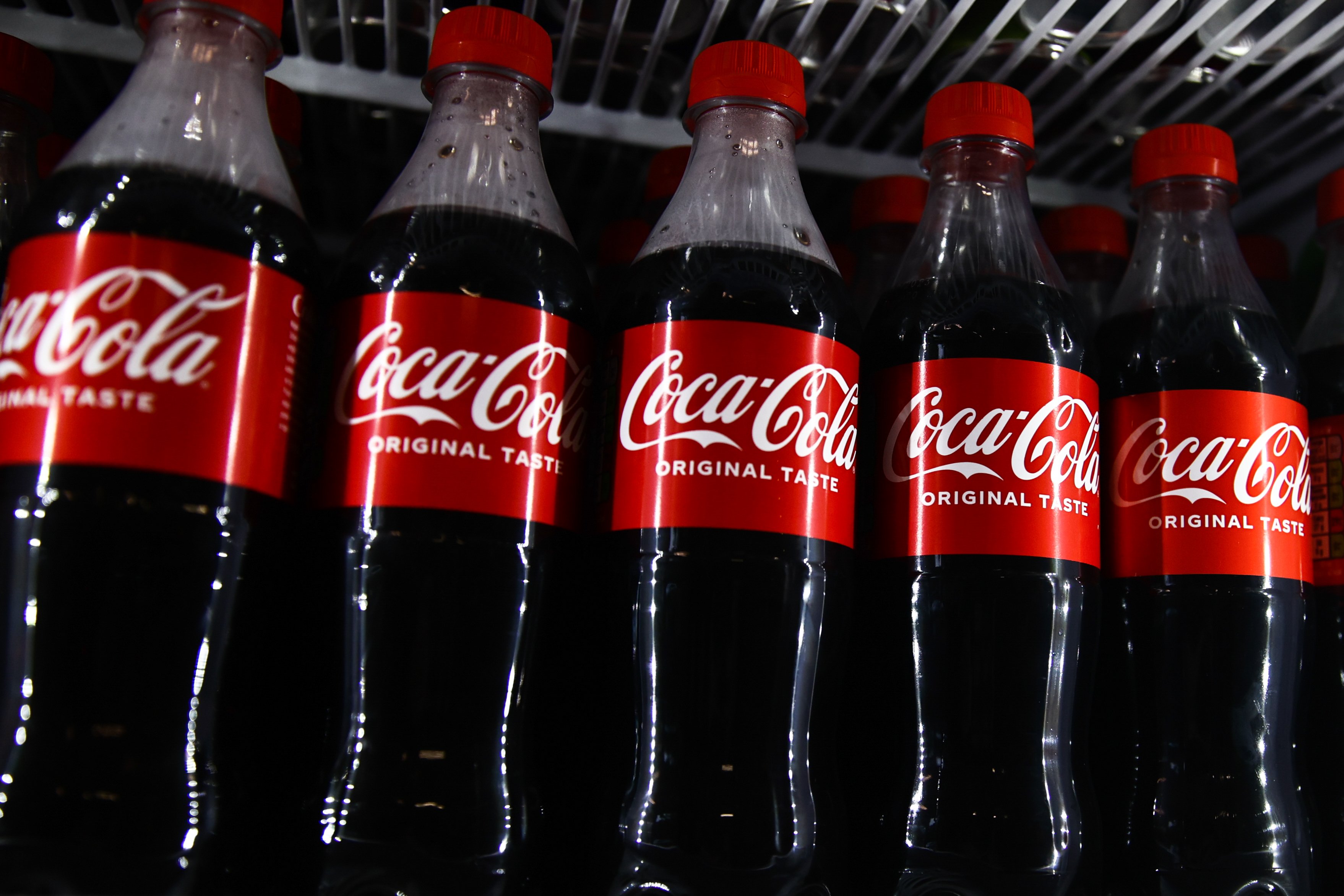In one corner, we have the Coca-Cola Company (KO +2.71%) stock, which returned a mere 1.95% to shareholders last year. In the other, its archenemy PepsiCo (PEP +1.75%) stock, which finished the year up 5.80% -- thereby outperforming both Coca-Cola and the S&P 500 in 2015. (Neither of those returns includes dividends.) Yet, as seasoned investors know, past performance does not indicate where a stock will trade in the future.
For that insight, let's instead take a closer look at both Coke's and Pepsi's fundamentals, and what the companies are doing today to create shareholder value amid staggering declines in the broader market.
Coca-Cola is richly valued, despite pullback in its stock price
When it comes to the king of pop, only Michael Jackson tops Coca-Cola. The soda giant is one of the most recognizable companies in the world, with annual sales north of $45 billion. Nonetheless, the Atlanta-based company has struggled in recent years with declining sales of its signature sugary sodas, as more consumers opt for healthier options. This has caused Coke's earnings growth to underperform that of rival Pepsi, which also has a hefty snacks division, in recent quarters.
On top of this, shares of Coca-Cola are more expensive on a valuation basis compared to Pepsi. Coke's stock, for example, currently trades at around 8.07 times estimated earnings growth. This means the king of pop currently has one of the highest PEG ratios in the industry. It's also almost double that of Pepsi's PEG ratio of 4.93. This tells us that, while both stocks appear highly valued, Pepsi is more attractive at current levels.
There are other reasons to choose Pepsi stock over Coke today, as well.

Image source: Getty Images.
Pepsi pops on sponsorship deals
The year 2015 was a good one for Pepsi. The soda-and-snack giant robbed Coca-Cola of a lucrative NBA sponsorship. Terms of the deal were not disclosed, however, it was a big deal considering that the relationship between Coke and the National Basketball Association goes back nearly three decades. It also fits well with Pepsi's other major sports deals, including exclusive partnerships with Major League Baseball, the NHL, and NFL.
One of the main draws for professional sports franchises is the fact that PepsiCo, unlike Coca-Cola, boasts a portfolio of snack brands in addition to beverages. Pepsi's Frito-Lay business accounts for nearly half of the company's total revenue. That's a good thing considering the carbonated-soft-drink market continues to struggle with sales declines as consumers reach for healthier beverages.
With popular non-beverage brands, including Lay's potato chips, Pepsi as of a couple of years ago controlled 64% of the U.S. salty snack market and was taking a big chunk in overseas markets as well.. Stacked in its treasure trove: 22 brands that each generates more than $1 billion in sales for Pepsi each year. For comparison, Coke currently boasts 20 brands that each generate sales north of $1 billion annually.

Image Source: PepsiCo.
Pepsi, which reported solid fiscal 2015 third-quarter results in October, is on track to deliver constant-currency earnings-per-share growth of 9% for its fiscal year. That's notably better than the 5% full-year EPS growth that Coca-Cola now forecasts for fiscal 2015. .
Both companies are Dividend Aristocrats, which means they have not only paid, but also increased their dividend payouts annually, for at least 25 continuous years. Investors, therefore, can rest easy knowing that both Pepsi and Coke will continue rewarding shareholders with dividends and buybacks for many years to come.
Pepsi's stock comes with a dividend yield of 2.93% at current stock prices, which is above the beverage industry average yield of 2%, yet below Coca-Cola's 3.13% dividend yield today.
And the champion is...
As multinational conglomerates, Coke and Pepsi both have a lot going for them, including solid dividend growth, smart cost-cutting strategies, and loads of billion-dollar brands. However, with soda consumption continuing to decline at a steady pace, Pepsi appears the better choice for investors, thanks to its diversified portfolio of both beverages and snacks. On top of this, Pepsi is the domestic winner when it comes to U.S. market share of noncarbonated beverages thanks to leading brands such as Gatorade and Tropicana.
Looking ahead in 2016, investors can expect strong revenue growth from Pepsi, as well as impressive cost savings. The reliability of PepsiCo as a rewarding income stock should also push shares higher in the year ahead, despite overall market volatility.


